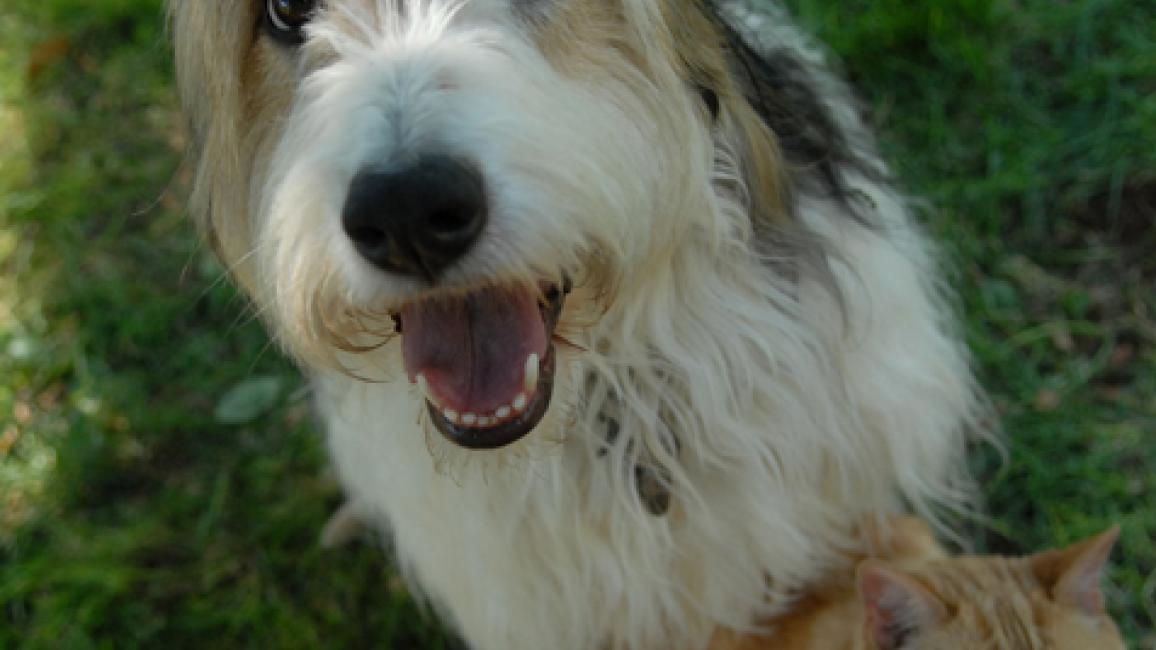Shelter access

Best Friends Animal Society has released the following statement in response to inquiries about the Kellner/Duane bill, New York State S6412/A9449. The bill is being reviewed by the Agriculture Committee of the New York State Assembly. While we hope to see some needed revisions to the bill as it goes through the legislative process, the following represents Best Friends’ position on legislation related to issues of shelter access.
Best Friends Animal Society believes that all homeless pets are a community responsibility. We support legislation that facilitates cooperation between animal shelters and rescue organizations, as broad shelter access is critical to any viable No More Homeless Pets community strategy.
Established rescue organizations should be enabled and encouraged to take animals (who would otherwise fail to thrive) for evaluation, rehabilitation, and placement, and potentially even euthanization, in a shelter setting.
Placing a stray or surrendered animal beyond the reach of community rescue and rehabilitation is simply an extension of the outdated notion that animals are property. Though it may be the law, this archaic philosophy is inconsistent with the core values of our No More Homeless Pets® movement.
Best Friends believes that no single shelter should be allowed to override community responsibility by denying shelter access to an established rescue organization without some valid reason. That reason should be based on prior performance of the rescue organization and judged by agreed-upon criteria.
Best Friends understands that municipal animal care agencies are responsible for public health and safety. However, we do not believe that any behavioral evaluation protocol, especially those employed in a shelter setting, can be the sole basis for labeling a dog "dangerous," which would result in the refusal to release a dog or cat to an established rescue organization. Dangerous dog designations should be limited to well-defined criteria based on a documented bite history and/or other objective community standards.
Consistent with our belief that trap/neuter/return is the only acceptable management policy for community cats, Best Friends believes that no feline — friendly or feral — should be subjected to a behavioral evaluation prior to being released to an established rescue organization.
Regarding liability, Best Friends further believes that established rescue organizations willing to take these animals should assume any and all liability.
Best Friends has supported and will continue to support legislation consistent with these principles.
Photo by Molly Wald
For more information, please see the Best Friends press release.